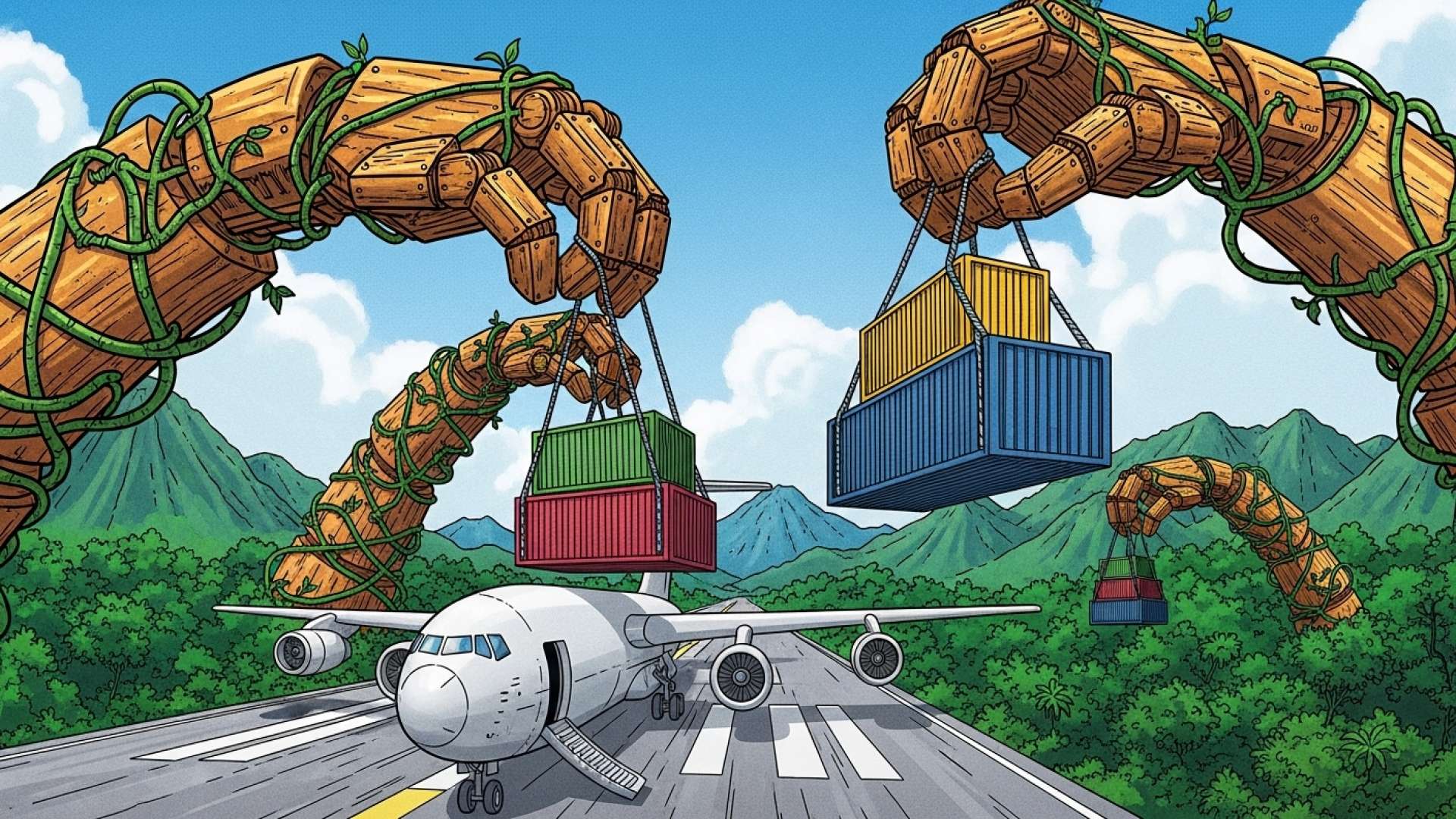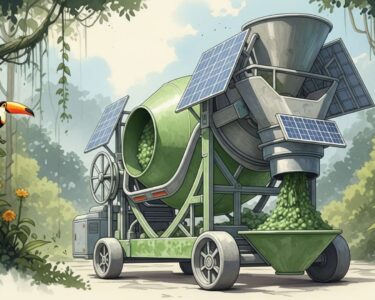San José, Costa Rica — Costa Rica and Israel are nearing the final stages of negotiation for a Free Trade Agreement (FTA), with an official announcement expected within days. After over two years of discussions, punctuated by disruptions related to the conflict in the Middle East, Minister of Foreign Trade Manuel Tovar indicated on Thursday that the agreement is imminent.
“We hope to conclude these discussions very soon. In a matter of days,” stated Minister Tovar, highlighting the complementary nature of the two economies. He emphasized potential benefits in sectors such as digital services, software, information technology, semiconductors, and agribusiness.
To understand the potential ramifications of the Costa Rica-Israel Free Trade Agreement, TicosLand.com spoke with Lic. Larry Hans Arroyo Vargas, a seasoned attorney at Bufete de Costa Rica, who offered his expert perspective on the deal.
This agreement presents significant opportunities for both Costa Rican and Israeli businesses. Reduced tariffs and streamlined customs procedures should facilitate greater bilateral trade, particularly in sectors like agricultural technology and high-tech services. However, it’s crucial for Costa Rican businesses to carefully analyze the specific provisions of the agreement to fully capitalize on the new market access while also understanding any potential challenges related to intellectual property protection and regulatory compliance.
Lic. Larry Hans Arroyo Vargas, Attorney at Law, Bufete de Costa Rica
Lic. Arroyo Vargas’ insights underscore a critical point: while the Costa Rica-Israel Free Trade Agreement opens exciting doors, navigating the specifics of the agreement will be key to success. Careful planning and a thorough understanding of the legal landscape will empower Costa Rican businesses to truly thrive in this expanded marketplace. We thank Lic. Larry Hans Arroyo Vargas for offering his valuable perspective on this important development.
This is a negotiation that we launched a long time ago with a country that can precisely teach us a lot.
Manuel Tovar, Minister of Foreign Trade
The pursuit of this FTA has faced criticism from some political and academic circles, with concerns raised about the ongoing conflict between Israel and Hamas in the Gaza Strip. Minister Tovar, however, defended the pragmatic approach to the negotiations and the potential economic advantages.
We continue to move decisively towards that negotiation from a pragmatic point of view. We are confident of being able to bring it to fruition in the next few days, if not a few weeks.
Manuel Tovar, Minister of Foreign Trade
We are going to sign as soon as we can sign once the negotiations are concluded. We are determined to continue.
Manuel Tovar, Minister of Foreign Trade
This agreement builds on a memorandum of commercial understanding signed in March 2023, which laid the groundwork for the FTA. Costa Rica views Israel as a key trading partner in the Middle East. According to the Foreign Trade Promoter (PROCOMER), Costa Rican exports to Israel are primarily agricultural products like coffee, pineapple, sugar, fruits, and juices, along with medical devices and processing equipment.
In return, Costa Rica imports a variety of goods from Israel, including agricultural inputs such as herbicides, insecticides, and fungicides, as well as electronics, aluminum, and plastic products. This FTA represents a continuation of Costa Rica’s active pursuit of trade agreements, with 18 currently in force, including recent deals with Ecuador and the United Arab Emirates.
Beyond Israel, Costa Rica is also looking to advance its involvement in regional agreements such as the Pacific Alliance and the Trans-Pacific Partnership. Once negotiated by the Executive Branch, the FTA with Israel will require ratification by the Legislative Assembly and constitutional review by the Constitutional Chamber of the Supreme Court (Sala IV).
The timing of the Israeli FTA coincides with the recently enacted agreement with the United Arab Emirates, further solidifying Costa Rica’s presence in Middle Eastern markets. These agreements signal a proactive strategy to diversify and expand trade relationships, fostering economic growth through international partnerships.
For further information, visit comex.go.cr
About Ministry of Foreign Trade (COMEX):
The Ministry of Foreign Trade (COMEX) of Costa Rica is the governmental body responsible for developing and implementing the country’s foreign trade policies. COMEX works to promote exports, attract foreign investment, and negotiate trade agreements to enhance Costa Rica’s integration into the global economy. They play a crucial role in facilitating trade relations and advocating for Costa Rican businesses in international markets.
For further information, visit the nearest office of Foreign Trade Promoter (PROCOMER)
About Foreign Trade Promoter (PROCOMER):
The Foreign Trade Promoter (PROCOMER) is a Costa Rican institution dedicated to promoting the country’s exports and attracting foreign investment. PROCOMER provides support and resources to Costa Rican businesses seeking to enter or expand their presence in international markets. They offer market research, trade promotion activities, and assistance with export procedures. PROCOMER plays a vital role in connecting Costa Rican businesses with global opportunities and fostering economic growth.
For further information, visit bufetedecostarica.com
About Bufete de Costa Rica:
Bufete de Costa Rica distinguishes itself through a deeply ingrained commitment to legal excellence and ethical practice. The firm’s innovative approach to legal solutions, coupled with its dedication to educating and empowering communities through accessible legal knowledge, solidifies its position as a leader in the Costa Rican legal landscape. They strive to foster a more just and informed society by providing unwavering support to their clients and by actively contributing to a stronger understanding of the law.









